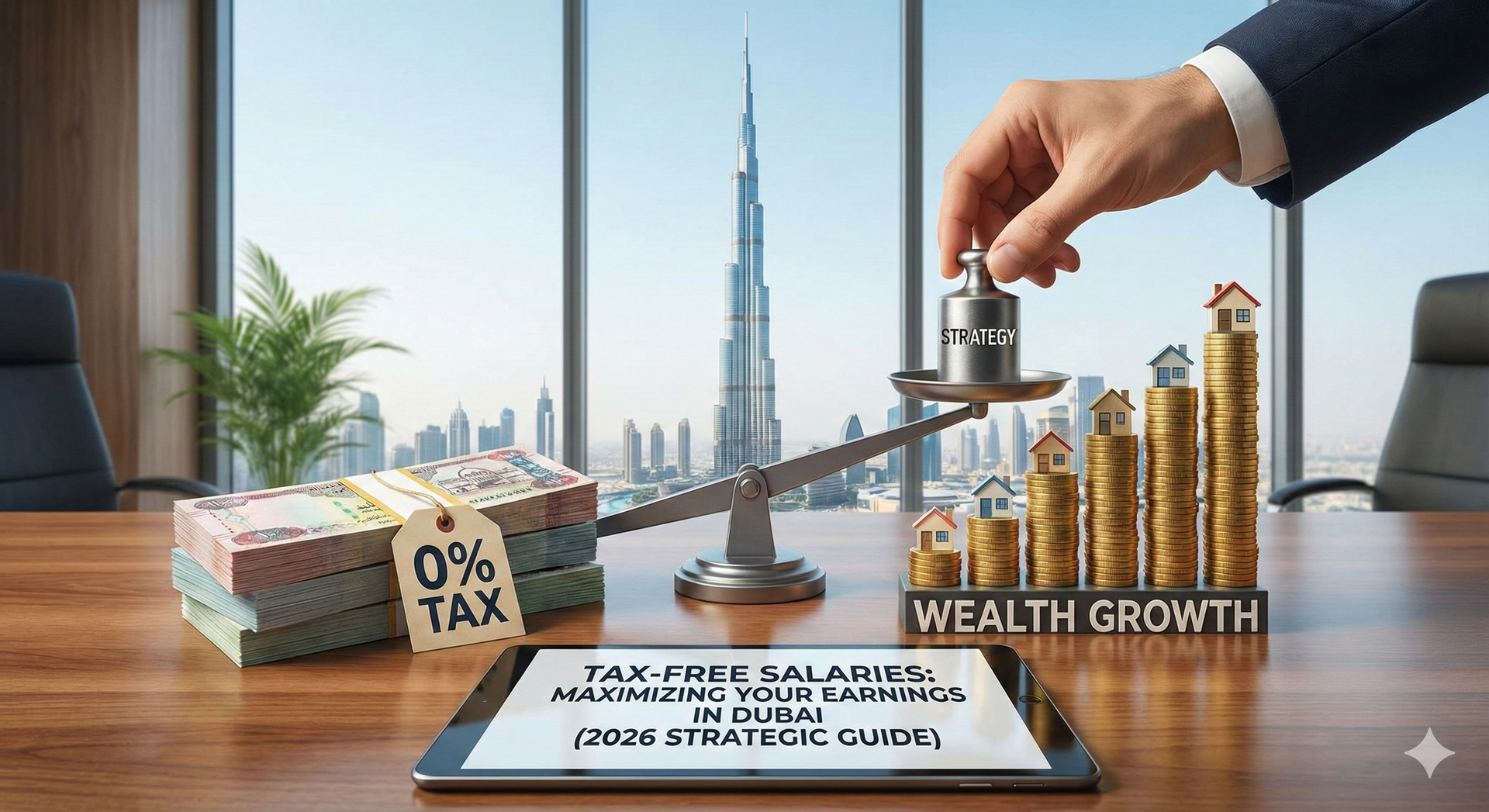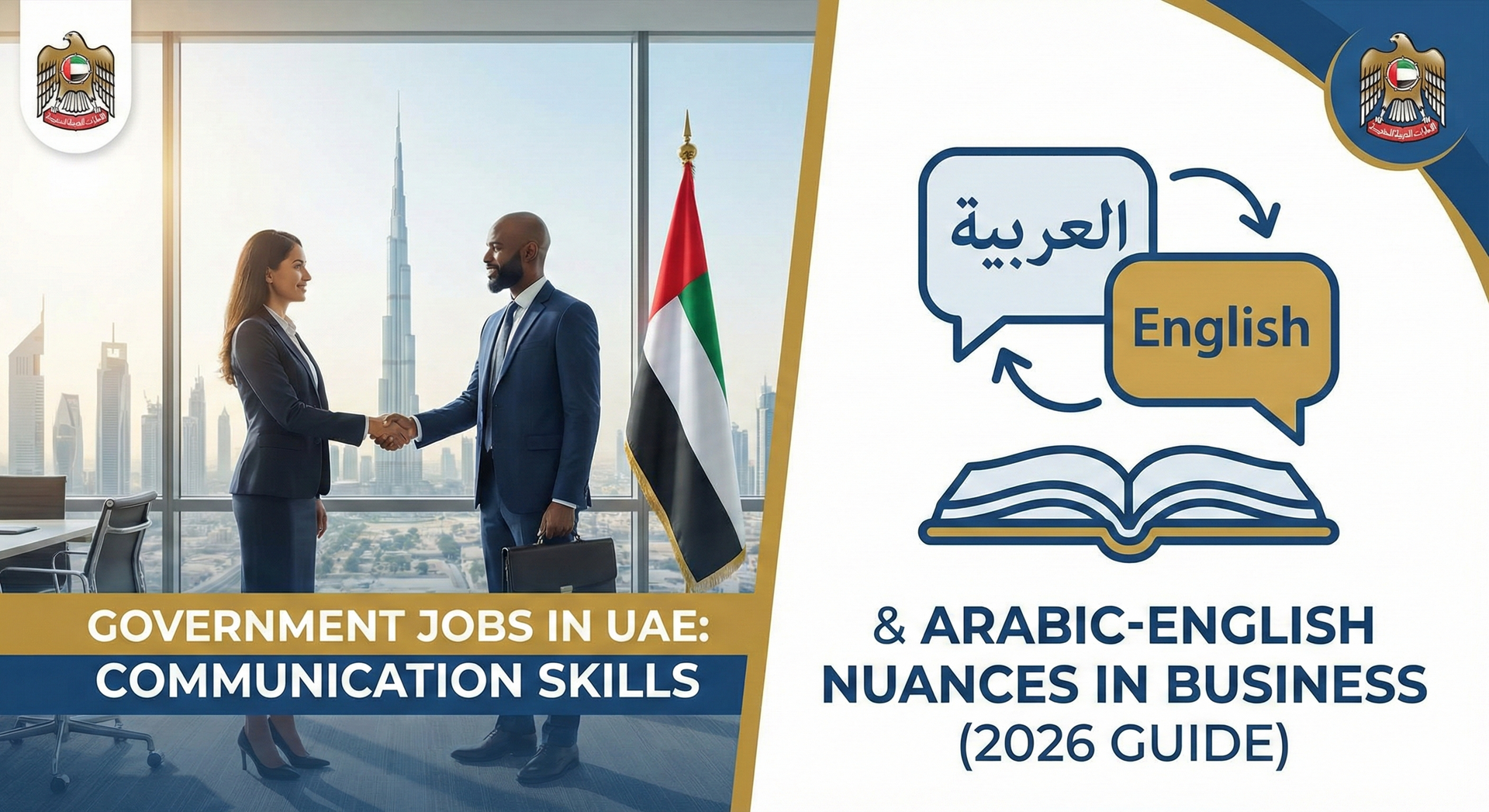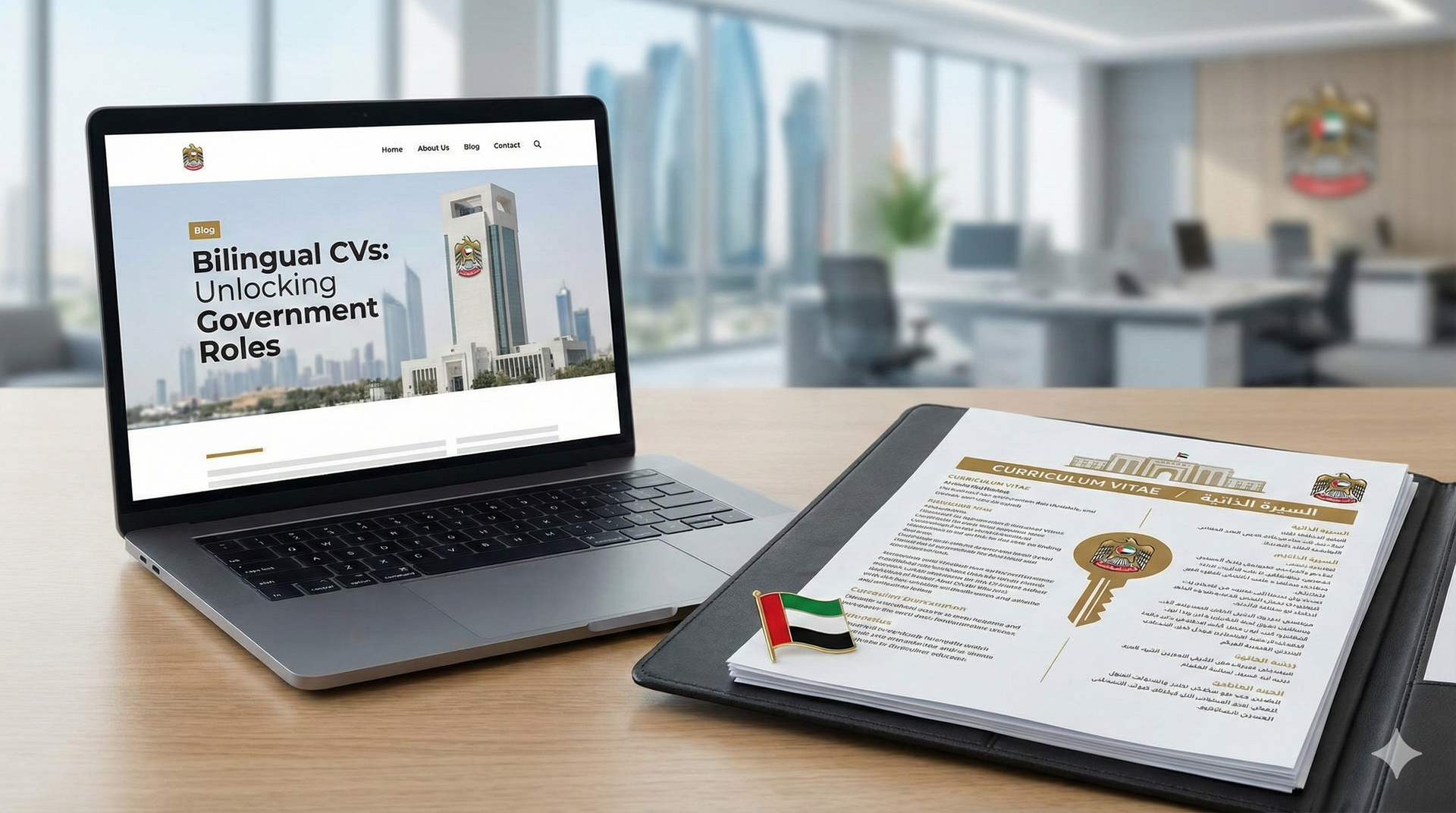The Future of Emiratisation & Localisation: Senior-Level Outlook

Emiratisation and localisation are no longer just employment initiatives — they have evolved into strategic leadership movements shaping the GCC’s economic and administrative future.
In 2025, the UAE, along with Saudi Arabia, Qatar, and Oman, continues to invest heavily in developing national executives for both public and private leadership positions. These programs aim to balance economic diversification with the empowerment of citizens to lead organizations, ministries, and innovation programs across the Gulf.
For senior professionals, understanding the next phase of localisation is essential — not just for compliance, but for strategic collaboration, knowledge transfer, and leadership growth across the region.
1. Emiratisation 2.0: A Vision Beyond Hiring
The UAE’s Emiratisation agenda has evolved from a quota-driven policy into a leadership development framework. Under the Nafis program and Vision 2031, the focus has shifted toward preparing Emiratis for director-level and board-level positions rather than just entry-level roles.
According to The National News (2025), over 78,000 Emiratis have been integrated into private and semi-government entities since the relaunch of Nafis — many in strategic functions such as finance, HR, sustainability, and digital transformation.
Government initiatives are now rewarding organizations that not only hire nationals but also develop them into long-term leaders, capable of steering complex projects and multi-sector collaborations.
2. Localisation Across the GCC: Regional Parallels
While Emiratisation leads the trend, every GCC nation has a localisation initiative tailored to its workforce vision:
- Saudisation (KSA): Focused on leadership inclusion within Vision 2030 sectors such as renewable energy, tourism, and logistics.
- Qatarisation (Qatar): Emphasizing national talent development in finance, energy, and education leadership.
- Omanisation (Oman): Prioritizing sustainable employment and senior roles within industrial and service sectors.
- Bahrainisation (Bahrain): Encouraging nationals in strategic roles within fintech, banking, and digital services.
Collectively, these programs have redefined localisation as leadership succession, ensuring citizens are not only employed but also empowered to make executive decisions that shape their nations’ futures.
3. From Employment to Empowerment: A Leadership Shift
The core philosophy behind modern localisation programs is empowerment through leadership. Instead of focusing on numbers, governments are now investing in leadership training, mentorship, and international exposure.
In the UAE, for instance:
- The UAE Government Leaders Program (UAEGLP) prepares senior professionals for director-level positions.
- Mohammed bin Rashid Centre for Leadership Development (MBRCLD) focuses on innovation, communication, and governance excellence.
- Tawteen Councils across Emirates facilitate private-sector integration for nationals in managerial roles.
The result? A generation of national executives who blend regional understanding with global professionalism, capable of driving transformation across industries.
4. The Private Sector’s Role in Localisation
Private companies in the UAE and GCC now play a pivotal role in achieving localisation targets — but the most progressive firms are going beyond compliance.
Leading organizations are:
- Designing leadership pipelines that fast-track high-potential nationals.
- Introducing mentorship programs pairing Emirati and expatriate executives.
- Investing in continuous learning platforms and executive MBA sponsorships.
- Incorporating localisation KPIs in corporate governance and ESG reporting.
This approach transforms localisation into a mutually beneficial strategy: businesses gain access to local insight and government support, while nationals gain access to growth and influence.
5. Challenges in Senior-Level Emiratisation
Despite strong progress, challenges remain in ensuring long-term sustainability of Emiratisation at the leadership level. These include:
- Skill Gaps: Limited exposure to niche technical or strategic leadership domains.
- Retention: High competition among entities for top-performing nationals.
- Cultural Integration: Aligning multinational corporate cultures with national leadership styles.
- Succession Planning: Developing robust frameworks to prepare Emiratis for executive continuity.
Addressing these challenges requires strategic collaboration between public entities, private employers, and academic institutions to ensure alignment between education, employment, and executive leadership.
6. Leadership Qualities Defining the Next Emirati Executives
Modern Emirati and GCC leaders are being trained to embody values that reflect both national identity and global innovation.
Key leadership attributes include:
- Strategic Thinking: Translating national visions into measurable results.
- Digital Fluency: Embracing AI, data, and digital governance.
- Cultural Diplomacy: Representing the UAE internationally with professionalism and respect.
- Sustainability Mindset: Integrating ESG principles into corporate decisions.
- Change Leadership: Managing transformation with agility and resilience.
Employers value leaders who balance tradition with progress — individuals who can innovate without losing cultural roots.
7. The Future of Leadership Development in the GCC
The next phase of localisation will focus on leadership acceleration and executive continuity. Governments are expected to launch additional initiatives focusing on:
- Cross-GCC Leadership Exchanges: Sharing expertise between UAE, KSA, and Qatar executives.
- AI and Policy Training: Equipping leaders to manage data-driven governance.
- Board Readiness Programs: Preparing nationals for board and advisory committee roles.
- Global Exposure Placements: Sponsoring international leadership fellowships.
By 2030, the GCC aims to have nationals leading 60–70% of senior positions across public and semi-government sectors — a milestone that symbolizes maturity and self-sufficiency.
8. How Senior Professionals Can Contribute
Expatriate executives play an essential role in this transformation by acting as mentors, advisors, and knowledge-transfer leaders.
If you’re a senior professional looking to align with Emiratisation or localisation goals:
- Demonstrate your willingness to develop national talent within your teams.
- Include “Emiratisation alignment” or “leadership mentoring” in your CV achievements.
- Participate in leadership exchange programs or public-sector advisory roles.
This mindset shows cultural alignment and commitment to GCC priorities — a quality highly valued in executive recruitment.
9. How Nationals Can Strengthen Their Executive Profiles
1. Create a Leadership-Centric CV
Highlight achievements in governance, innovation, and team leadership rather than only operational details.
→ Refine your profile with
Professional CV Writing for Executives.
2. Build a Strategic Online Presence
Use LinkedIn to share thought leadership content on Emiratisation, sustainability, and innovation.
→ Strengthen your visibility with
LinkedIn Optimization for GCC Professionals.
3. Prepare for Executive Recruitment Interviews
Expect scenario-based questions about national impact and leadership philosophy.
→ Prepare effectively with
Interview Coaching Services.
4. Seek Ongoing Career Development
Pursue continuous leadership mentorship and advisory support.
→ Learn more with
Expert Career Support for GCC Leaders.
10. Outlook: Emiratisation as a Model for Global Leadership
The UAE’s Emiratisation model is now being studied internationally as an example of strategic talent localisation that balances inclusion with innovation.
By empowering citizens to lead and integrating expatriates as mentors, the UAE has built a sustainable leadership ecosystem that fosters both competitiveness and unity.
As Emiratisation and localisation enter their next phase, leadership will no longer be defined by nationality alone — but by vision, competence, and contribution to national progress.
Conclusion
The future of Emiratisation and localisation is about creating leaders, not just employees. The UAE and GCC are building a new generation of executives who combine heritage, innovation, and global excellence.
For professionals — both nationals and expatriates — this is the moment to align your personal brand with these leadership movements.
Labeeb Writing & Designs helps executives showcase their leadership readiness through strategic CV writing, LinkedIn branding, and career coaching designed for the GCC market.
👉 Visit www.labeeb.ae to prepare your profile for the next era of Gulf leadership.
FAQ
1. What is the difference between Emiratisation and localisation?
Emiratisation refers to the UAE’s nationalisation policy, while localisation is the broader GCC initiative for integrating citizens into senior roles.
2. Are Emiratisation goals limited to the public sector?
No. The focus now extends strongly into the private and semi-government sectors, especially in leadership positions.
3. How do expatriates fit into localisation strategies?
They play vital roles as mentors and consultants supporting national capacity-building and knowledge transfer.
4. Which industries are leading in Emiratisation success?
Finance, energy, healthcare, education, and technology sectors are at the forefront of leadership localisation.
Arabic Summary (ملخص بالعربية)
تدخل برامج التوطين والإماراتية في عام 2025 مرحلة جديدة تركز على القيادة والإدارة العليا بدلاً من التوظيف فقط. تهدف هذه المبادرات إلى إعداد الكفاءات الوطنية لتولي مناصب تنفيذية في القطاعات الحكومية والخاصة وشبه الحكومية. من خلال برامج مثل نافس ومركز محمد بن راشد لتطوير القادة، يجري تدريب جيل جديد من القادة الإماراتيين القادرين على تحقيق رؤية الإمارات 2031. تساعد Labeeb Writing & Designs المهنيين في إبراز قدراتهم القيادية من خلال سير ذاتية احترافية واستراتيجيات تطوير مهني موجهة لأسواق الخليج.








